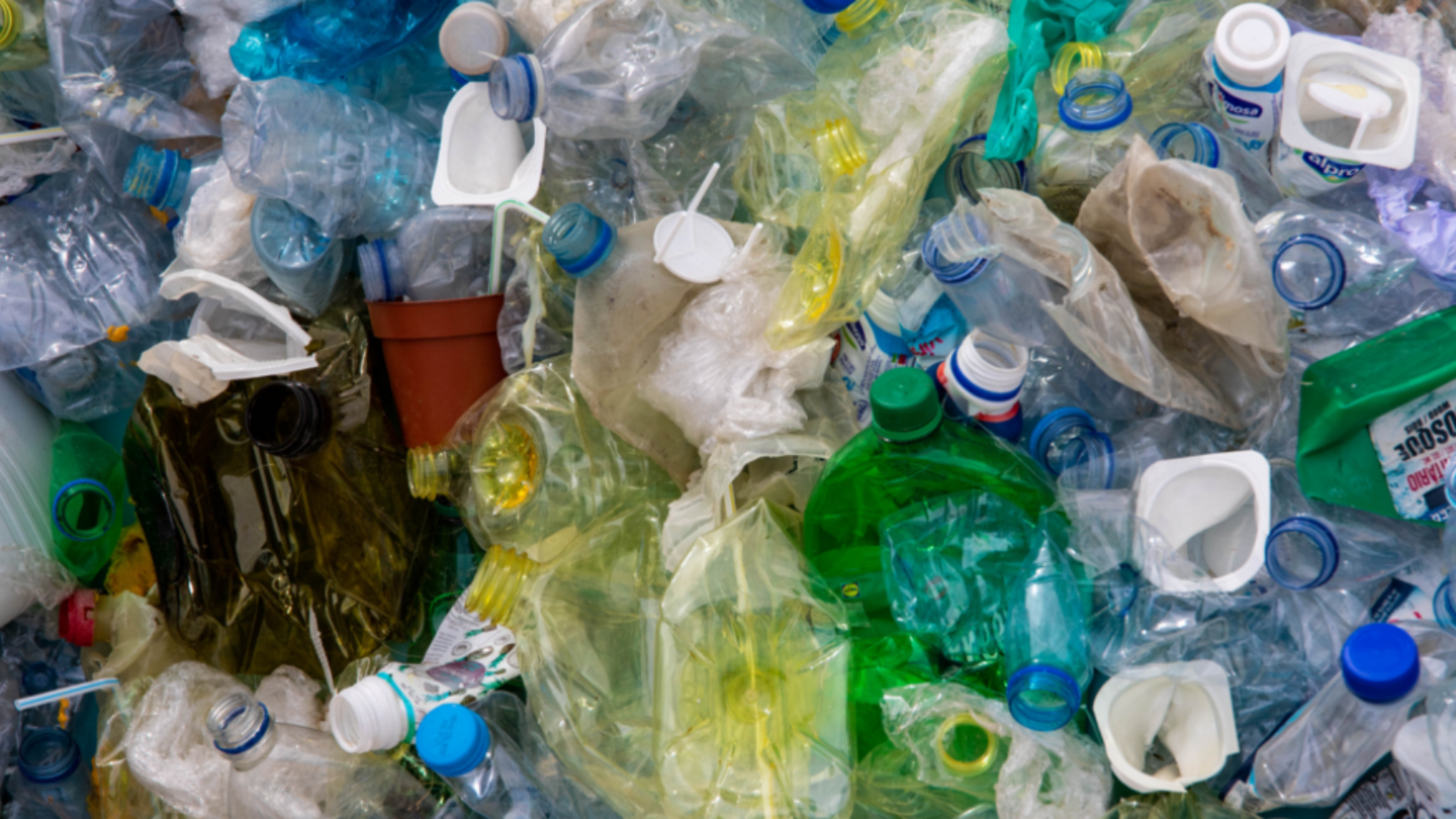Referred to as the biggest climate change deal since the Paris Agreement, the UN Environmental Assemblies agreement to end plastic pollution aims to address the international plastic crisis through lifecycle analysis, design, and encouraging technological advances to minimize waste generation.
The agreement will result in an internationally binding legislation by 2024. The world is moving against plastics. What does a global pressure to divest from plastics mean for businesses?



Add a Comment
You must be logged in to post a comment